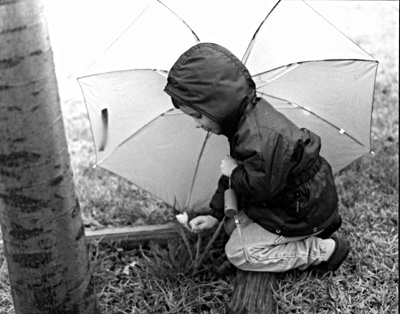All Nonfiction
- Bullying
- Books
- Academic
- Author Interviews
- Celebrity interviews
- College Articles
- College Essays
- Educator of the Year
- Heroes
- Interviews
- Memoir
- Personal Experience
- Sports
- Travel & Culture
All Opinions
- Bullying
- Current Events / Politics
- Discrimination
- Drugs / Alcohol / Smoking
- Entertainment / Celebrities
- Environment
- Love / Relationships
- Movies / Music / TV
- Pop Culture / Trends
- School / College
- Social Issues / Civics
- Spirituality / Religion
- Sports / Hobbies
All Hot Topics
- Bullying
- Community Service
- Environment
- Health
- Letters to the Editor
- Pride & Prejudice
- What Matters
- Back
Summer Guide
- Program Links
- Program Reviews
- Back
College Guide
- College Links
- College Reviews
- College Essays
- College Articles
- Back
Overview of Hong Kong Protests
As I type this article, the last couple of protesters in Hong Kong are packing up and leaving the areas that had been blocked for the past few months. By now, nearly everyone knows about the Umbrella Revolution: tens of thousands of young Hong Kong citizens spilling out into the city’s central business district asking for democracy.
But why now, and what’s the story behind it? As someone who didn’t know about the complex history between Mainland China and Hong Kong, I decided to do some research.
It all started in 1847 when the island of Hong Kong was ceded to Great Britain as a result of the Opium Wars. The Opium Wars are an entirely different story, but here’s the gist of it: the British were exporting huge amounts of opium to China and Chinese officials were alarmed at the amount of people becoming addicted When they confiscated around a thousand tons of opium, the British government declared war. The British won and one of the outcomes was that Hong Kong became a British colony.
In 1997, Hong Kong was returned to China. However, it remained a unique area in that it had developed its own language and culture during its time under British control, distinctively different from that of Mainland China. It was, and still is highly capitalist and less restricted, and Facebook is actually accessible there. The general concept is One Country, Two Systems. The city is governed by a Chief Executive. Based on the constitution, the Chief Executive is elected by the people. And here’s where the problem arises.
For previous elections, the Chinese government made its own interpretation of the constitution and insisted that the candidates must be pre-approved before running, which goes against the idea of a true democracy in the minds of many Hong Kong residents. Many of the protesters believe that the current Chief Executive, C.Y. Leung, is just a puppet abiding by the wishes of the Beijing government. This was supposed to change by the time the 2017 elections rolled around, but it was revealed that once again, candidates would be screened.
So protesters, mostly young adults including university students and high school students -in fact, Joshua Wong, often considered the face of the revolution, is only 18- took to the central business districts to protest: the Occupy Central movement took over Causeway Bay, Mong Kok and Admiralty. They did so peacefully, camping out in tent cities and carrying colorful umbrellas, which are now considered the symbol of the movement.
As the protests dragged on from September into October, some Hong Kong residents began expressing annoyances at how the large blockades have created large traffic jams and businesses in the area have been losing sales. I’ve been following the news mostly on Western media, but I’ve also seen some Chinese coverage and their main focus is on this: the detrimental effect the protest is having on the economy rather than the movement’s message.
In November, nearly three months after it began, the High Court began granting injunctions to the businesses being negatively affected to clear the roads. Some protesters left because they’d gone months without seeing much progress, others were cleared away by the police using methods such as tear gas and pepper spray, who were encouraged both by the Chinese government and the anti-protesters in Hong Kong.
Now, as we move into the middle of December, the movement is dissipating and the protesters can only hope that Occupy Central has brought them closer to true democracy.

Similar Articles
JOIN THE DISCUSSION
This article has 0 comments.

I felt like most news outlets were reporting on the Umbrella Revolution with the assumption that readers already knew most of the context, which made it difficult for me to follow the story. I decided to do some research to get a sense of the full story and this is the result.